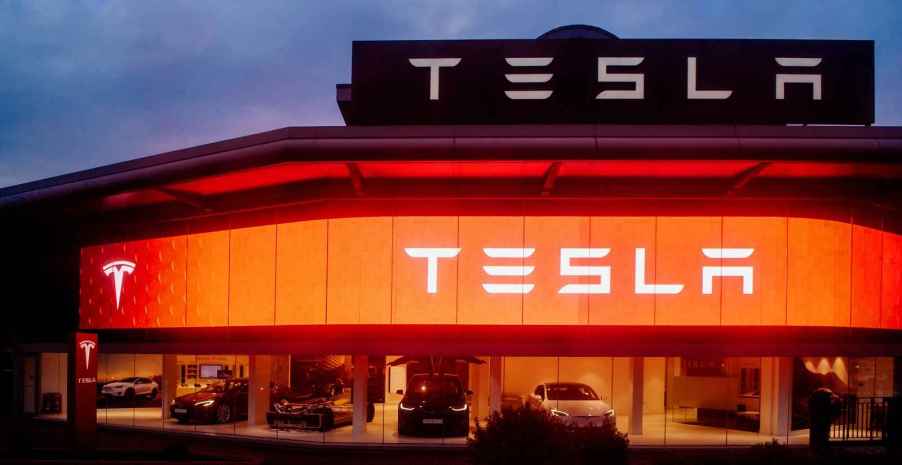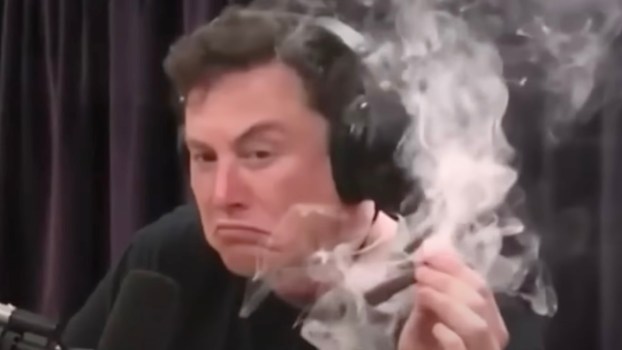
Tesla No Longer America’s ‘Most Loved’ Car Brand—Not Even Top 3–For an Interesting Reason
Every year, Consumer Reports sends a survey to car owners. It asks them to rank the comfort, driving experience, usability, ownership, and even cabin storage of their car. Finally, it asks whether they’d buy that vehicle again. It compiles the data for models still available, mostly unchanged, to rank the most and least loved car brands for car shoppers.
The obvious shortcoming of this ranking is that people who hate a brand so much that they would never buy its car aren’t surveyed. Tesla, which is a controversial brand both because of CEO Elon Musk’s actions and the fact that it only makes EVs, is especially favored by this method. The folks who do buy a Tesla are often already big fans and so their satisfaction may remain high.
Here’s an example: Tesla owners rated their driving experience “most satisfying,” compared to owners of other cars. In truth, Cadillac and Lincoln currently has better self driving software. And when it comes to performance, Teslas may be able to accelerate. But they would lose out to any true sports car in handling dynamics. In the past, Tesla buyers aren’t cross-shopping anything in that same price point. They just know that when they can afford a Tesla, they want a Tesla. So naturally, they cherish their Tesla once they have it.

But even the advantage CR’s methods give Tesla was not enough for the 2023 ratings. Tesla plummeted from the number one spot to number five. This year’s winner was another startup: Rivian. Mini took second place. BMW and Porsche tied for third. Only 74% of Tesla owners say they would buy their car again. So what’s going on? I have a theory.
Tesla has made comparatively few changes to the design, and even the hardware, of its vehicles. But at the same time, the Tesla Model Y and Tesla Model 3 are surging in popularity. In recent years, they both became some of the most popular vehicles worldwide. Tesla has slashed Model 3 prices and many folks are cross-shopping them with sedans such as the Corolla and Accord.
Teslas didn’t change. Tesla buyers did.
The electric car has been a plaything for the world’s wealthiest since the 1830s. That’s right. Early electric “horseless carriages” could only be afforded by royal buyers. What’s more, their batteries were built into glass jars and the entire thing was limited to a few miles and considered disposable. But they existed. It took 200 years for Elon Musk to find a way to build EVs at a price point that would make them mainstream.

With lithium ion batteries still very expensive, Tesla had to reduce costs in every other part of the car. Moving controls to touchscreens is one way to do that. Cutting down on visual redesigns is another. And building a “cheap” car wasn’t an issue for early adopters. They understood lithium still costs a lot, and that they were getting a bargain. But Teslas are increasingly becoming a luxury car. And they are disappointing the luxury crowd.
There’s another important element of this shift. As EVs become a more popular luxury item, an increasing percentage of all EV buyers are finding themselves disappointed. In fact, 1 in 5 EV buyers are going back to gas for their next car. One reason why may be the rising dissatisfaction with the public charging network. So when some Tesla owners say they would not buy that vehicle again, it may be that they wouldn’t buy any EV again.
The Tesla owners CR questioned were also not psyched about their EV’s comfort, or usability. They were lukewarm–but positive–about ownership costs and cabin storage spaces.
Next, read how Tesla employees were spying on owner’s ‘intimate’ moments, or see one Tesla owner’s review in the video below:





